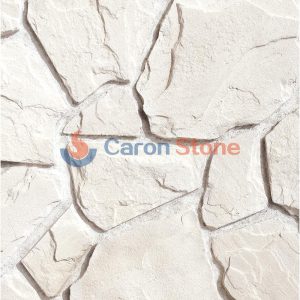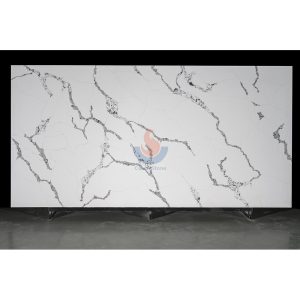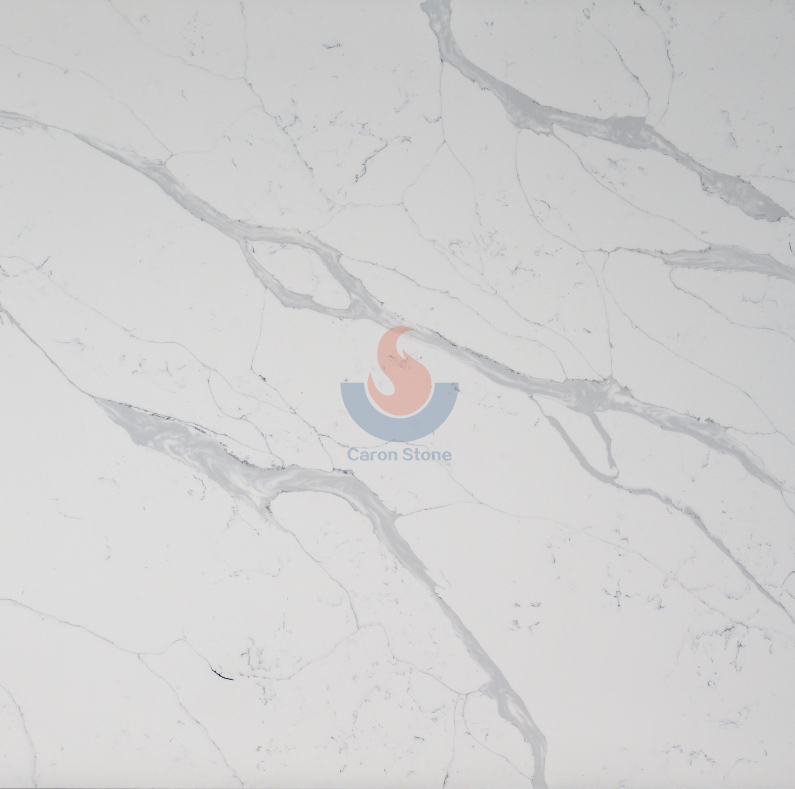In modern architecture and interior design, artificial stone materials are widely favored for their elegant appearance and excellent functionality. But as artificial stone’s application range grows constantly, different factors of its performance—including thermal stability—have become more important. This article will conduct an in-depth study on the thermal stability of artificial stone materials, explore its performance in high temperature environments and its impact on practical applications.

Artificial country rubble cultured stone wall cladding panel GB-BI01
1. Thermal stability basis of artificial stone
First, we need to understand what thermal stability is. Thermal stability is the capacity of a substance to retain its physical and chemical characteristics in a high temperature surroundings. Good thermal stability for fake stone helps it to retain beauty and performance under high temperature circumstances, thereby avoiding deformation, cracks or other issues resulting from thermal expansion and contraction.
Artificial stone is mainly made of natural mineral powder (such as quartz, feldspar) and synthetic resin through mixing, pressing and curing. Although these materials offer artificial stone great heat resistance, the particular thermal stability also depends on the formula and manufacturing technique of artificial stone. Generally speaking, high-quality artificial stone can maintain its structural stability when facing high temperatures, without obvious thermal deformation or chemical degradation.
2. Actual performance of thermal stability
Practical uses of artificial stone show its thermal stability by its capacity to resist high temperatures. Modern artificial stone can usually withstand temperatures above 100 degrees Celsius, and some specially formulated artificial stones can even withstand higher temperatures. Such performance makes artificial stone work well in high-temperature situations such bathroom walls and kitchen counters.
Specifically, the superior performance of artificial stone at high temperatures is reflected in the following aspects:
Thermal expansion: High-quality artificial stone materials have a lower thermal expansion coefficient, which means that their dimensions change less when the temperature changes. This helps to prevent temperature-related cracks and deformation issues quite successfully.
High-quality artificial stone can survive high temperatures for a limited amount of time without staining, distortion, or release of dangerous chemicals. This makes it rather dependable in cooking or other high-temperature use settings.
Thermal conductivity: Artificial stone generally has low thermal conductivity, which helps reduce the impact of high temperature on the underlying material or surface decoration. Good thermal isolation performance also enhances the application flexibility of fake stone in various surroundings concurrently.
3. Factors Affecting Thermal Stability
Though artificial stone has good thermal stability, several elements influence its specific performance:
Formula and process: The type of mineral powder and resin used in the formula of artificial stone, as well as the temperature and pressure in the production process, directly affect its thermal stability. Excellent raw materials and refined techniques help artificial stone to have better heat resistance.
Thickness and density: The thickness and density of artificial stone also affect its thermal stability. In general, in a high temperature environment artificial stone with greater density and thickness is more stable.
Surface treatment: The surface treatment process of artificial stone also affects its thermal stability. Some surface coatings, for instance, may alter at high temperatures, therefore influencing the general thermal stability.
4. Considerations in practical applications
In practical applications, understanding the thermal stability of artificial stone is crucial for design and maintenance. For instance, selecting artificial stone with great thermal stability will help to greatly prevent surface damage resulting from direct contact with hot pots or hot liquids in the design of kitchen counters. In addition, in outdoor environments, the thermal stability of artificial stone should also consider its performance under strong sunlight to ensure its long-term durability and aesthetics.
For special applications in high temperature environments, such as laboratory countertops or workbenches in industrial environments, choosing specially designed high temperature resistant artificial stone will help improve work safety and efficiency. Knowing the thermal stability of synthetic stone would enable architects and engineers choose materials more precisely and guarantee the long-term stability of building and decorative projects.

Artificial calacatta white quartz stone kitchen countertop
Excellent thermal stability of artificial stone materials has proven them great performance and hence offers a great range of application possibilities in several high temperature conditions. By understanding the basis, actual performance, influencing factors and considerations in its thermal stability, we can better select and use artificial stone to maximize its advantages in construction and design. The thermal stability of artificial stone will be progressively enhanced in the future as technology develops, so offering more consistent material options for different application situations.





